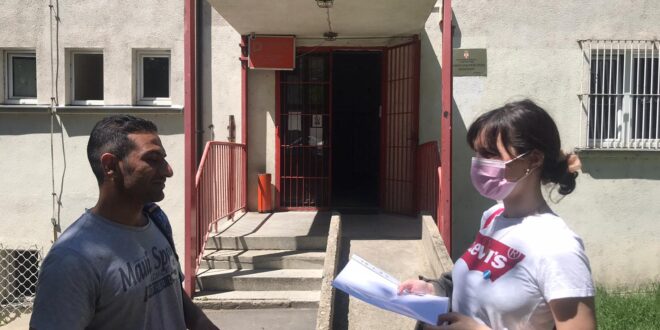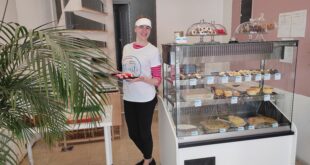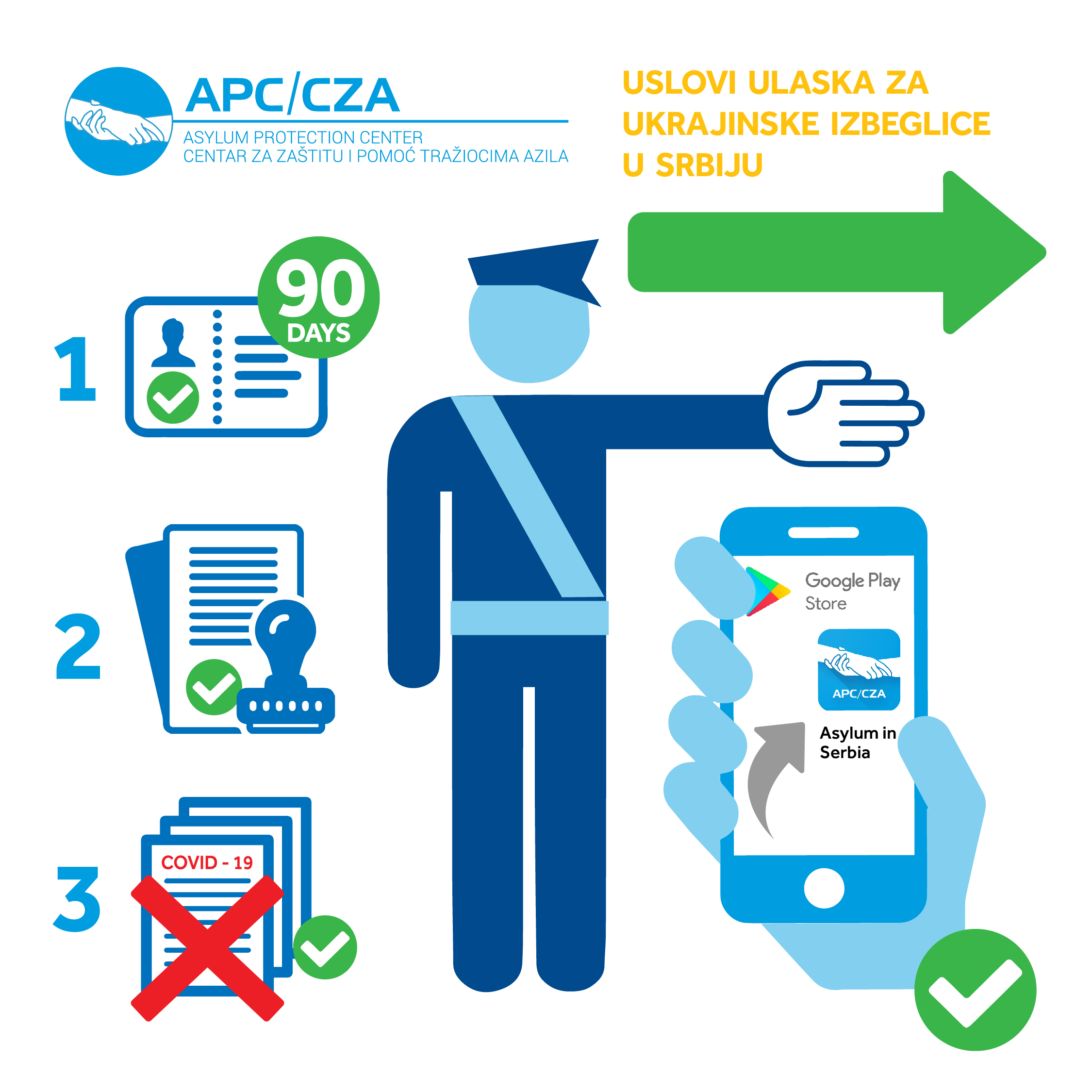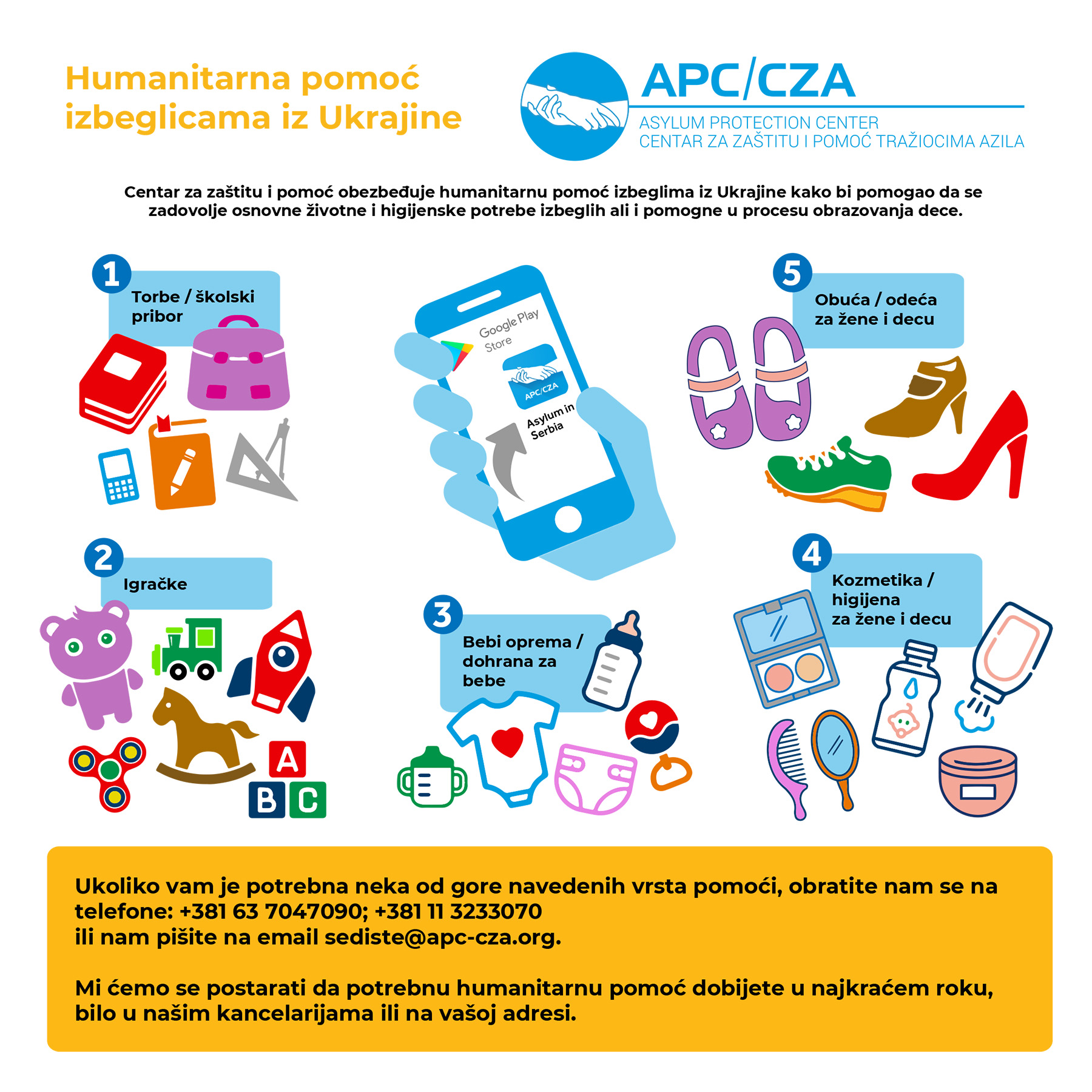07.09.2021. Belgrade, The period of transition and change of place of residence is a challenge for everyone, especially for refugees who leave been in a large collective reception camp and come to a new local community. Even when they speak the language and are partially familiar with customs, culture, and desirable patterns of behavior, refugees encounter bureaucratic and other obstacles that make them even more discriminated against and feel isolated.
Asylum seekers and refugees staying at a private address are assisted by APC when going to the doctor, going to a social work center, opening a bank account, registering with the National Employment Service in a new community and providing information about where they live, customs, but also about the services available to them.
APC uses an extensive network of volunteers, students and activists to help locally integrate refugees into the local community, facilitate their integration, but also social inclusion, building on the social capital of local members of the branched APC Volunteer Network.
In the field, we come across officials who often do not have enough information about the rights of asylum seekers and refugees. They often lack instructions regarding the provision of health and social protection services, and the use of employment measures. In these situations, the presence of a cultural mediator, social worker or translator is very important, which can facilitate communication and provide support to refugees to integrate as quickly and easily as possible.
In this process, we pay special attention to refugee children and young, who are both the most endangered and the most important actor in terms of local interaction and integration. Children and young represent a bridge between two communities, the refugee and the local community, and often they are the ones who create the most intensive and unhindered channel for communication at the local level.
 AzilSrbija AzilSrbija
AzilSrbija AzilSrbija





